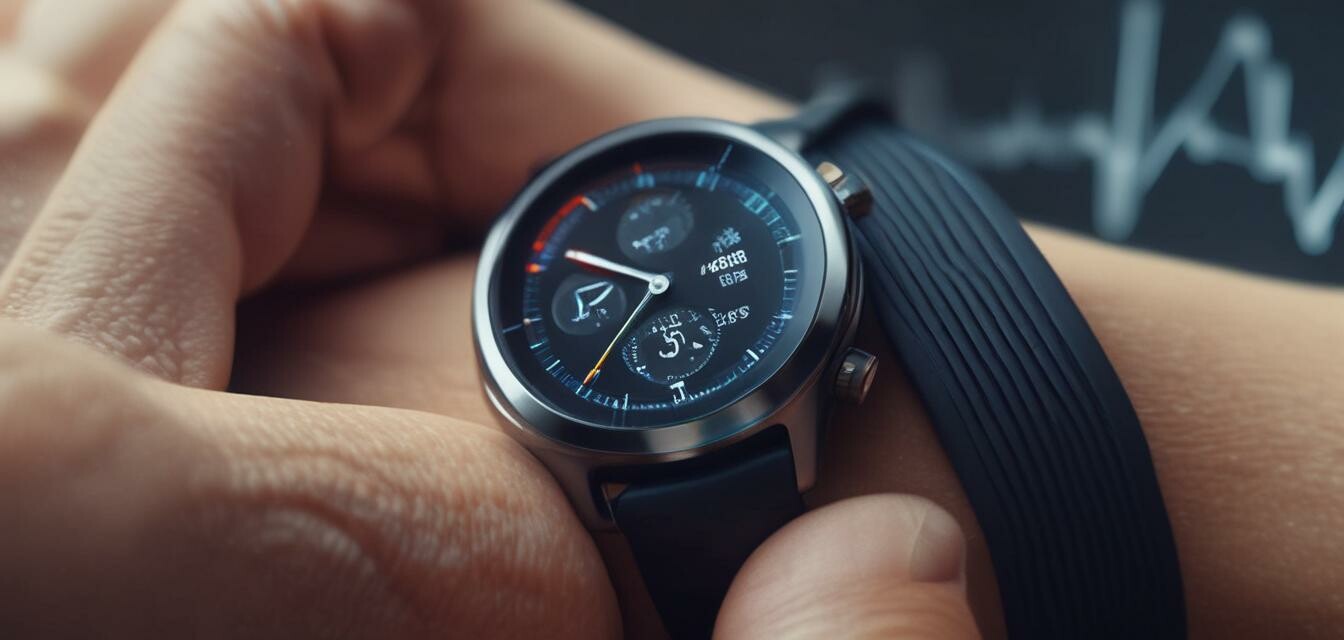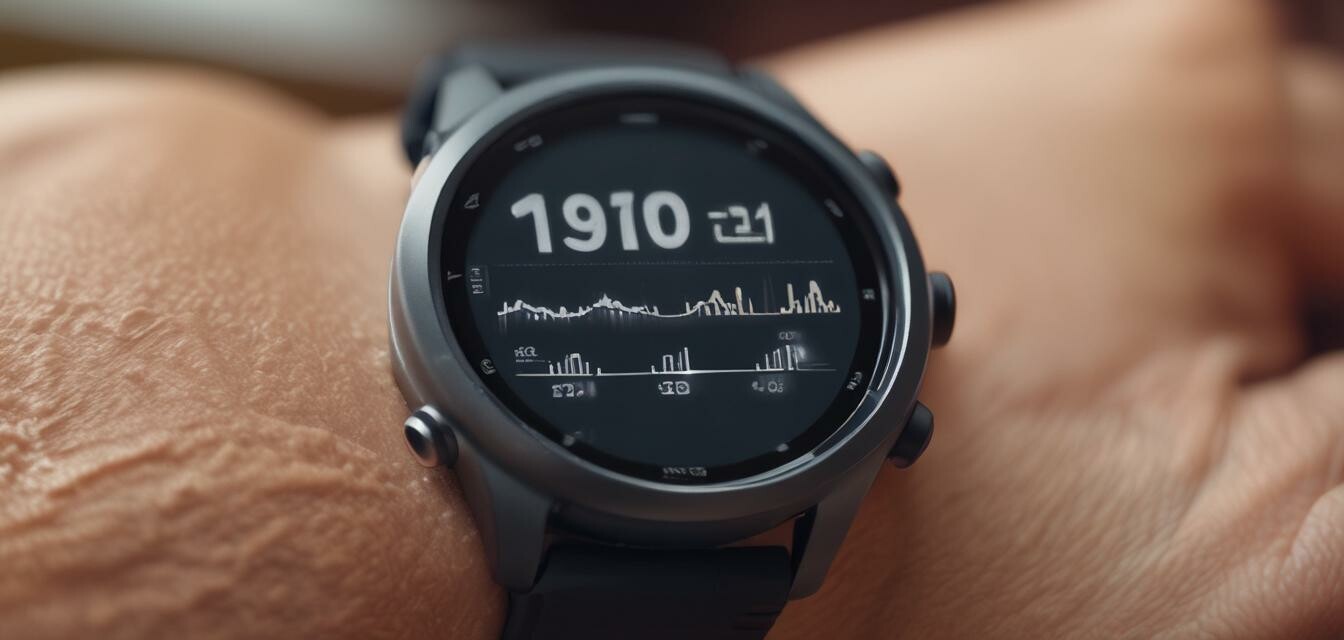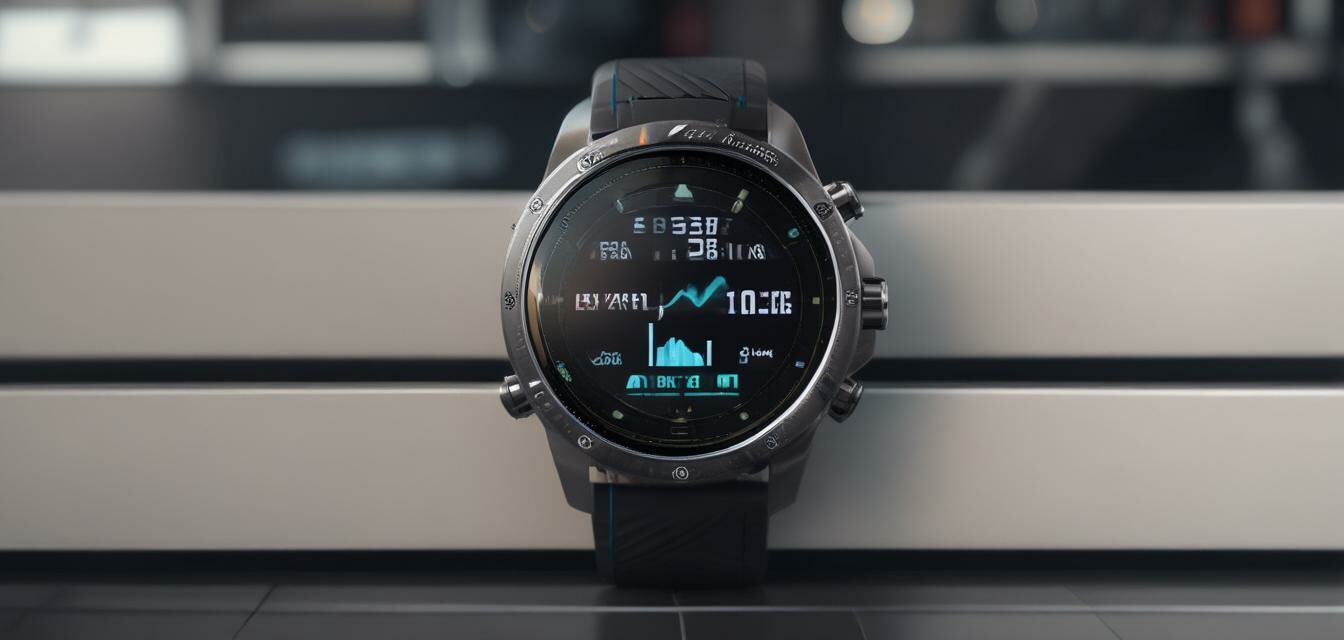
Health monitoring features
Key Takeaways
- Modern fitness watches come equipped with advanced health monitoring features.
- Key features include ECG, sleep tracking, and stress management tools.
- Understanding these features can enhance your health and fitness routines.
- Different fitness watches suit various lifestyles and needs.
The rise of technology in health and fitness has led to the development of advanced fitness watches. These devices offer a plethora of health monitoring features, allowing users to not only track their fitness levels but also monitor vital health indicators. In this article, we will delve into some of the most commonly used health monitoring features available in modern fitness watches.
Overview of health monitoring features
Fitness watches have evolved significantly, integrating various health monitoring tools. Some prevalent features are:
- Electrocardiogram (ECG)
- Heart Rate Monitoring
- Sleep Tracking
- Stress Management
- Blood Oxygen Levels (SpO2)
Electrocardiogram (ECG)
ECG functionality allows users to measure their heart’s rhythm and electrical activity. This feature is essential for identifying irregular heartbeats, potentially alerting users to underlying health issues.

Heart rate monitoring
| Heart Rate Monitoring Type | Description |
|---|---|
| Continuous Monitoring | Tracks heart rate 24/7 for accurate overview. |
| During Workouts | Provides real-time data to enhance workout efficiency. |
| Recovery Rate | Monitors heart rate post-exercise for recovery insights. |
Sleep tracking
Understanding your sleep patterns can lead to improvements in overall health. Most modern fitness watches offer sleep tracking capabilities that include:
- Total hours slept
- Sleep stages (deep, light, REM)
- Sleep quality analysis
Stress management
Many fitness watches provide tools to manage stress, incorporating features such as:
- Breathe exercises
- Heart rate variability analysis
- Guided relaxation sessions
Comparison of Health Monitoring Features
| Feature | Importance | Typical Accuracy |
|---|---|---|
| ECG | High | Accuracy varies per device |
| Heart Rate Monitoring | High | 95% to 99% |
| Sleep Tracking | Medium | 70% to 85% |
| Stress Management | Medium | Subjective |
| Blood Oxygen Levels (SpO2) | High | 85% to 95% |
Choosing the right fitness watch for you
Selecting the right fitness watch can be daunting, particularly with the variety of features available. Here are some key pointers:
Tips for beginners
- Identify your primary health targets—whether it’s heart health, sleep improvement, or overall fitness.
- Consider your budget; fitness watches can range in price considerably.
- Read user reviews to get a sense of reliability and user experience.
- Look for watches that integrate well with other health apps you may use.
Pros
- Variety of health monitoring features available.
- Convenient access to health metrics.
- Encourages users to maintain an active lifestyle.
Cons
- Accuracy can vary significantly between devices.
- Some features may require subscriptions or in-app purchases.
- Interpretation of health data can confuse some users.
Conclusion
Health monitoring features in fitness watches can significantly enhance users' health and fitness journeys. Understanding and utilizing these features allows for better health insights and can assist in making informed health decisions. Explore the various options and features available by visiting our sections on Fitness Trackers, Health Monitors, and Smartwatches.








